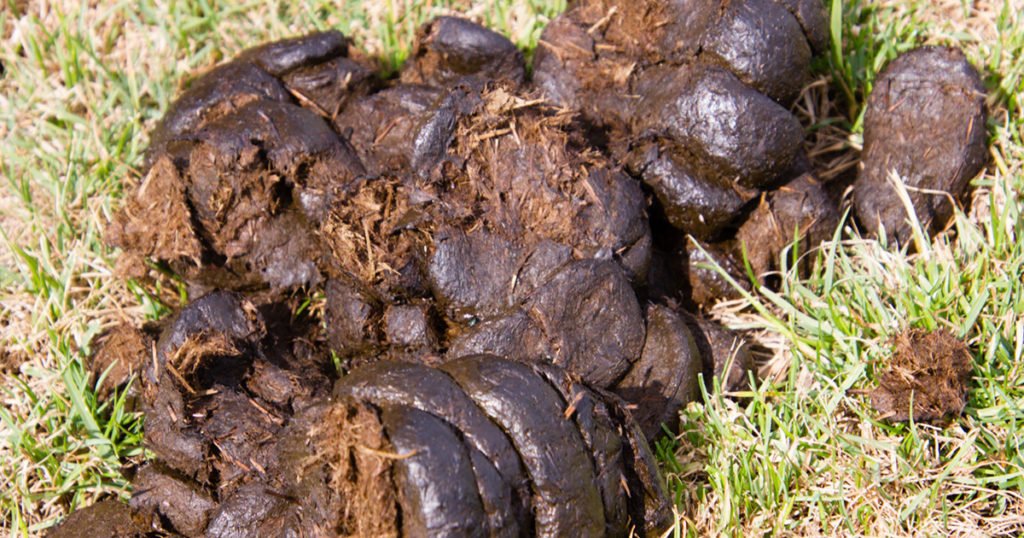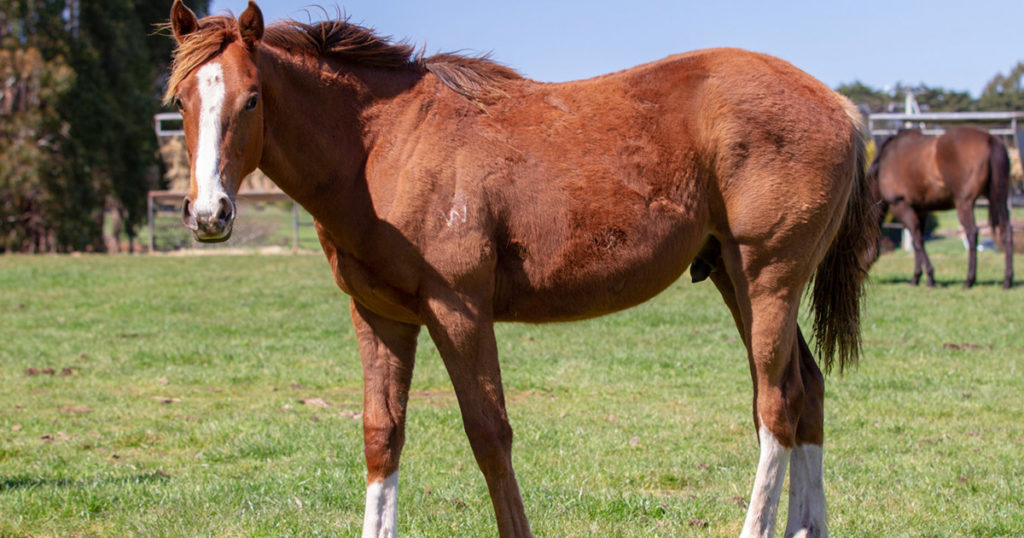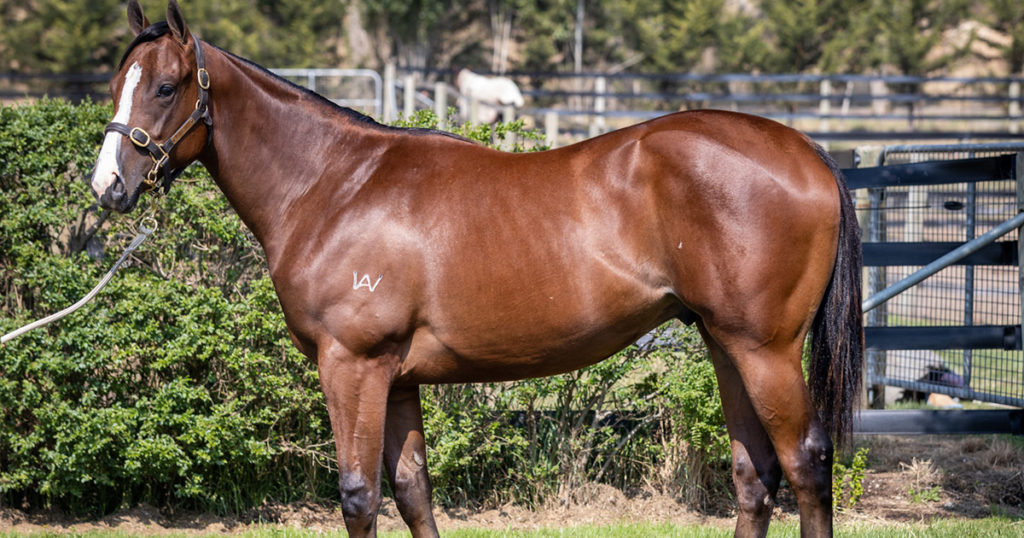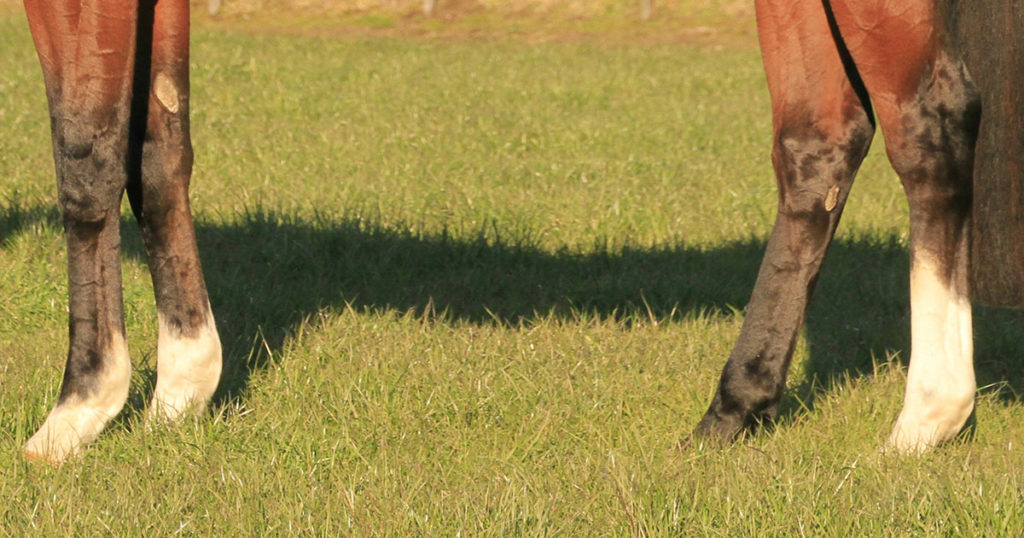Eating manure (also known as coprophagy), is a common, yet transient phenomenon in foals. Coprophagy is thought to potentially offer multiple health benefits in foals. It is far less common to see older horses or ponies engaging in this behaviour. So why do some adult horses eat manure? What can this behaviour tell us about a horse’s health and is it something to be concerned about?
Foals and coprophagy
Foals will generally start consuming manure from about five days old. It is common for this to occur up until approximately three months of age, before gradually declining. By 19 weeks of age, the habit generally stops in most foals.
By consuming manure, foals are populating their digestive system with a variety of microbes: bacteria, protozoa, archea and fungi. This habit is thought to be an important part of healthy gastrointestinal and immune system development: foals are born with a relatively ‘immature’ microbiome which is influenced by multiple factors in their early stages of life. It is worth keeping in mind however, that if a foal is consuming manure from a horse with poor digestive health and/or a horse with a poor balance of microflora and/or a horse with a high parasite burden then this may potentially have adverse effects in the foal.
Inferred research from other animal models suggests that a mare’s faeces contains a pheromone which encourages the foal to consume the manure. Deoxycholic acid is believed to be present in a mare’s manure: an important byproduct of intestinal bacteria which supports digestive system immunity (helping to protect against enteritis). Deoxycholic acid may also facilitate normal neurological development through promoting myelination of nerves.
Adult horses and coprophagy
The consumption of manure in horses and ponies older than foals is considered an abnormal behaviour. When it does occur, it is thought to be primarily diet and/or gastrointestinal (GI) health related.
A diet low in dry matter fibre (often referred to as ‘roughage’) is one of the most common reasons a horse may consume manure. It is a common misconception that pasture alone provides enough fibre for our horses and ponies, but grass is very low in dry matter fibre. Without feeding appropriate amounts of hay or alternative dry matter fibre sources, the vast majority of horses and ponies will fail to meet their requirements.
Other diet related factors which may contribute to coprophagy include:
- Diets high in starch: even when there is adequate dry matter fibre in the diet;
- Underfeeding and/or food scarcity;
- Long periods of time without access to feed (for example, going more than three hours without access to hay/pasture and/or hard feed);
- Poor gastrointestinal (GI) microflora populations (diet related);
- Specific nutrient insufficiencies and/or deficiencies: potentially vitamin K, selenium and/or zinc.
Dietary factors aside, anything that significantly disrupts a healthy GI microflora balance can contribute to coprophagy. This can include the use of many common medications (such as antibiotics, non-steroidal anti-inflammatory drugs; corticosteroids, gastric ulcer medications); stress in all of its many forms (!); dehydration; travel, etc.
Other less common reasons an adult horse may consume manure can include medical conditions such as equine motor neurone disease.
Stallion Health and Fertility Webinar
Learn more about stallion health and fertility.
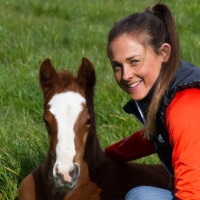
Camilla Whishaw is a highly regarded, experienced horsewoman and naturopath, helping to holistically treat and manage a broad range of equine health conditions and injuries, with a passion for mare and stallion fertility.
As a world-renowned practitioner, presenter, author, and consultant in the field of Equine Naturopathy, Camilla shares her knowledge through keynote presentations, interviews, lectures, panel sessions, and workshop training.

